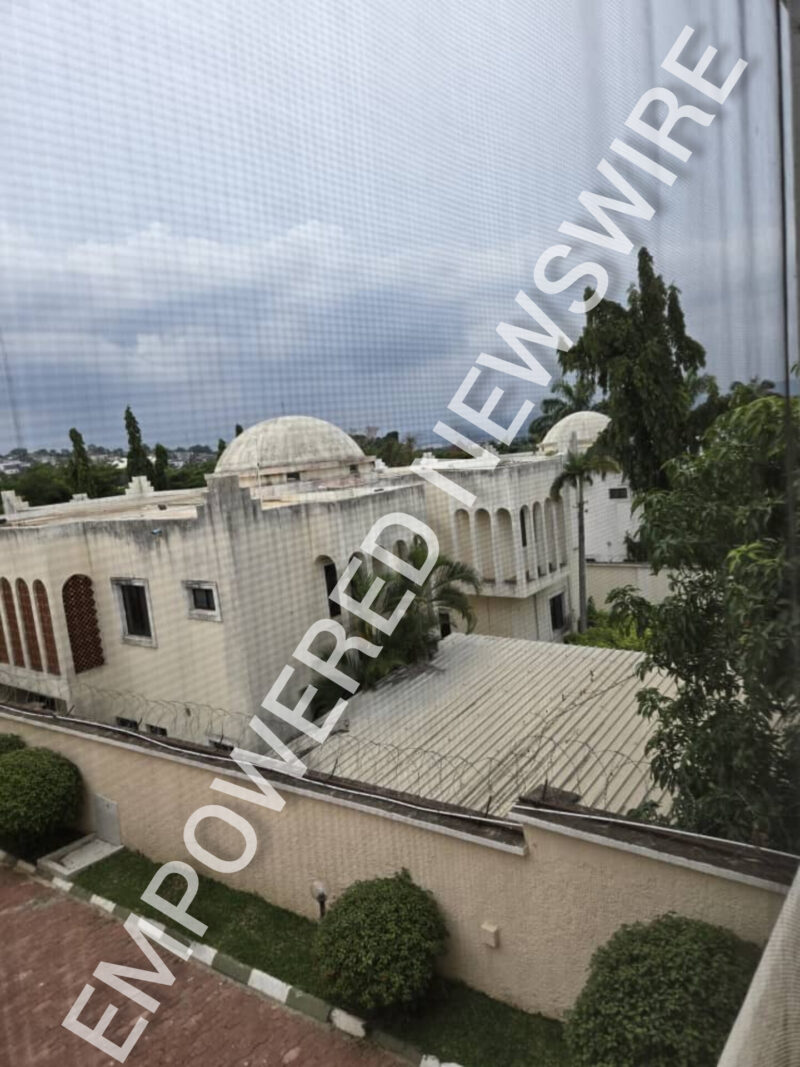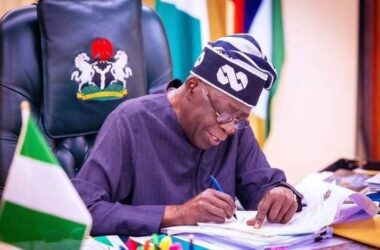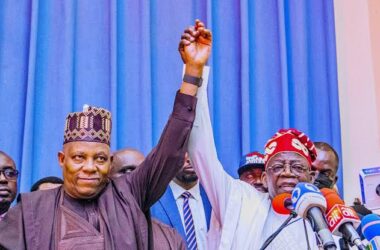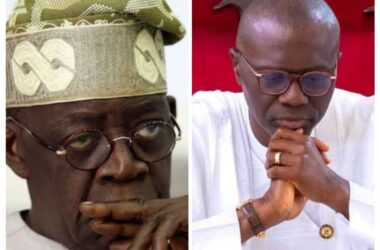*Two houses on T.Y Danjuma, believed to belong to the late dictator, overtaken by weeds
In a stark reflection of the vanity of life, two houses located in upscale Asokoro in the Federal Capital Territory said to be owned by former military Head of State, General Sani Abacha, is now lying fallow.
The two buildings located side by side on T.Y Danjuma Street have fallen into disrepair and are now serving as hideouts for squatters—raising growing concerns over security and urban decay. Mrs. Maryam Abacha is also said to have refused to sell the houses.
But the once-prized residences, sitting on two plots believed to have been acquired by General Sani Abacha during military rule in the 90s, are now overtaken by weeds, overgrown mango trees, and refuse.
Nearby residents say the deteriorating condition of the buildings has made them both an eyesore and a potential security threat.
Property owners in Asokoro told Empowered Newswire that squatters frequently enter and exit the premises, taking advantage of the absence of proper maintenance or security.
But soldiers have also visited the houses sometimes in the past to eject squatters beating them mercilessly for daring to trespass on private property.
However, it remains unclear which military post was involved in the operation or under whose authority the operations were carried out.
What is clear is that the Abacha Family have not taken interest in the properties and sources say there is a directive to the children by the wife of the dictator, Maryam Abacha that none of Abacha’s properties should ever be sold, at least for as long as she is alive.
Some residents are worried that the abandoned homes may become hotspots for suspicious activity. But it wasn’t clear how long the two buildings have been abandoned. Meanwhile, the pictures attached to this report were taken recently.
There has been no official statement from the Nigerian Army or any security agency regarding the incidents, and efforts to reach members of the Abacha family for comment were unsuccessful at the time of filing this report.
It is also not clear whether the Federal Capital Development Authority (FCDA) and other relevant authorities have shown any interest in intervening considering public safety concerns and the need for better management of high-value real estate in the heart of the capital.
PHOTOS BELOW
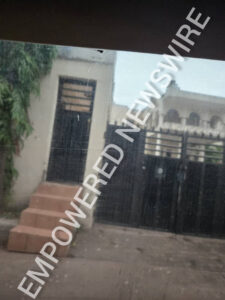

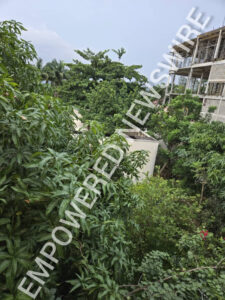



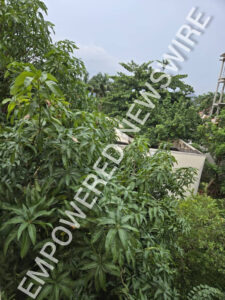
General Sani Abacha died in 1998, after he took over power in a couple that toppled the Interim National Government headed by the late Chief Ernest Shonekan.
General Sani Abacha, who held power as Nigeria’s military ruler from 1993 until his death in 1998, is infamous for perpetrating one of the largest known acts of state plunder in African history. During his five-year regime, Abacha and his network of associates systematically siphoned between $3 billion and $5 billion from Nigeria’s public treasury. The stolen wealth was laundered through a complex web of offshore accounts and investments in various countries, including Switzerland, the United States, the United Kingdom, Jersey (in the Channel Islands), and Liechtenstein.
Following his death, successive Nigerian administrations have made concerted efforts to trace and recover these illicit funds. Working with foreign governments and financial institutions, Nigeria has managed to repatriate substantial sums of money over the years.
In a curious twist recently, the wife of the dictator said her husband didn’t plunder Nigeria’s coffers and that questions ought be asked what happened to the funds he left behind for the country.
But the facts show that in 2005, for instance, Nigeria recovered $500 million from Swiss banks—the first major breakthrough in a long process of asset repatriation.
This was followed in 2018 by another tranche of $322.5 million from Switzerland, which the Buhari Administration earmarked for the federal government’s Conditional Cash Transfer programme aimed at supporting the most vulnerable households.
Further significant recoveries came in 2020, when the governments of the United States, Jersey, and Nigeria entered into a tripartite agreement to return $311 million, commonly referred to as the “Abacha III” loot. These funds were designated for key infrastructure projects, including the Lagos-Ibadan Expressway, the Second Niger Bridge, and the Abuja-Kano Road.
Also in 2020, the United Kingdom returned $4.2 million linked to Abacha’s associate, former Delta State governor James Ibori. Although technically not part of the Abacha loot, the funds are often grouped with similar recoveries. This amount was eventually repatriated to Nigeria in 2021.
In 2014, Nigeria secured another victory with the recovery of $227 million from the principality of Liechtenstein, following a lengthy legal battle.
As of 2024, Nigeria has successfully recovered and repatriated over $1.5 billion in funds looted by Abacha and his network. However, when ongoing litigations and frozen assets in other jurisdictions are considered, total recoveries could amount to as much as $2.6 billion.





